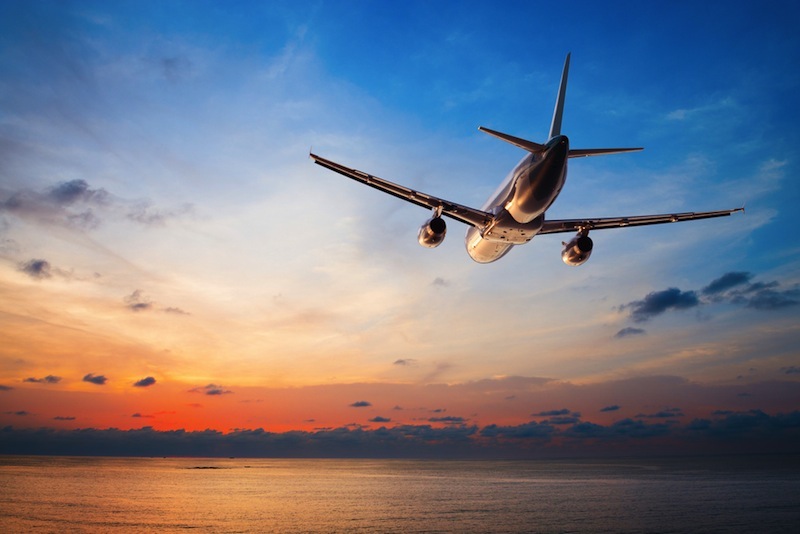Ebola Unlikely to Spread on Planes, Health Agency Says

Get the world’s most fascinating discoveries delivered straight to your inbox.
You are now subscribed
Your newsletter sign-up was successful
Want to add more newsletters?

Delivered Daily
Daily Newsletter
Sign up for the latest discoveries, groundbreaking research and fascinating breakthroughs that impact you and the wider world direct to your inbox.

Once a week
Life's Little Mysteries
Feed your curiosity with an exclusive mystery every week, solved with science and delivered direct to your inbox before it's seen anywhere else.

Once a week
How It Works
Sign up to our free science & technology newsletter for your weekly fix of fascinating articles, quick quizzes, amazing images, and more

Delivered daily
Space.com Newsletter
Breaking space news, the latest updates on rocket launches, skywatching events and more!

Once a month
Watch This Space
Sign up to our monthly entertainment newsletter to keep up with all our coverage of the latest sci-fi and space movies, tv shows, games and books.

Once a week
Night Sky This Week
Discover this week's must-see night sky events, moon phases, and stunning astrophotos. Sign up for our skywatching newsletter and explore the universe with us!
Join the club
Get full access to premium articles, exclusive features and a growing list of member rewards.
The chance that a person with Ebola will spread the disease on an airplane is small, according to a new statement from the World Health Organization.
That's because, unlike viruses that cause the flu or a cold, the Ebola virus cannot spread through the air, WHO said.
"The risk of transmission of Ebola virus disease during air travel is low," the statement said. "Transmission requires direct contact with blood, secretions, organs or other body fluids of infected living or dead persons or animals, all unlikely exposures for the average traveler."
In addition, people with Ebola who don't yet have symptoms are not contagious, and once symptoms develop, infected people usually feel too sick to travel, the statement said.
The current Ebola outbreak, which first caused cases in December 2013, has killed at least 1,145 of the more than 2,100 people infected to date in Guinea, Sierra Leone and Liberia, according to WHO. [5 Things You Should Know About Ebola]
The risk that a person traveling to Guinea, Sierra Leone or Liberia will become infected with Ebola, and then develop the disease after they return to their home country, is also low, according to WHO.
Most Ebola transmission happens when friends or family members take care of a person who is sick with the disease, or when people do not follow preventive measures during funeral preparations or burial ceremonies, the statement said. Health care workers who have unprotected contact with Ebola patients are also at higher risk of infection.
Get the world’s most fascinating discoveries delivered straight to your inbox.
Countries with Ebola cases are conducting screenings at airports to check passengers for fever — a symptom of the disease. Any person with symptoms of Ebola should not be allowed to travel, unless they are part of a medical evacuation, the statement said.
Currently, WHO does not recommend any ban on international travel or trade. Screening incoming passengers is also not recommended in countries that do not share a border with Ebola-affected countries, WHO said.
The Centers for Disease Control and Prevention has advised U.S. residents to avoid nonessential travel to Sierra Leone, Guinea, and Liberia.
Follow Rachael Rettner @RachaelRettner. Follow Live Science @livescience, Facebook& Google+. Original article on Live Science.

Rachael is a Live Science contributor, and was a former channel editor and senior writer for Live Science between 2010 and 2022. She has a master's degree in journalism from New York University's Science, Health and Environmental Reporting Program. She also holds a B.S. in molecular biology and an M.S. in biology from the University of California, San Diego. Her work has appeared in Scienceline, The Washington Post and Scientific American.
 Live Science Plus
Live Science Plus










